A Balanced Body is a Balanced Mind
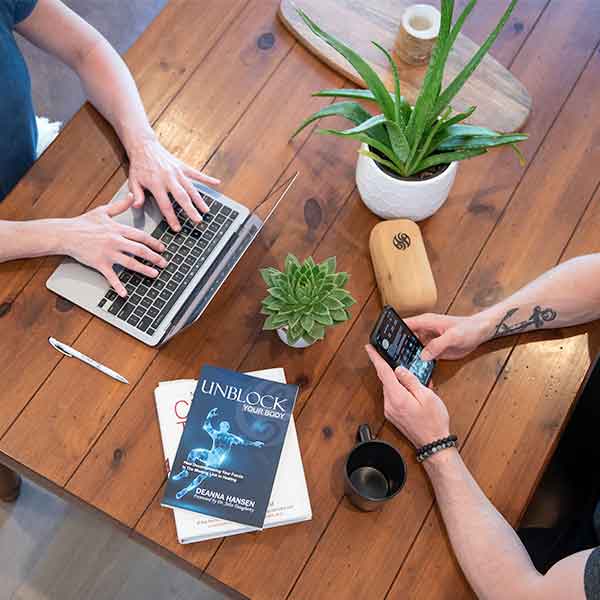
When you dive into all the components of the brain, it is a fascinating journey. This computer that takes in information and then directs us through life is a wonder. However, many think that the brain is in control of how we live, when, it is simply responding to the incoming information, and directing our actions based on how it is wired at that moment.

For example, you may see something, and to one person it brings a sense of beauty and awe, to another, it may bring a memory that has tied them to a traumatic event. For the latter, they immediately are taken back to the feeling which that moment in time created -- a feeling that was generated through a chemical cocktail that became triggered from a specific breathing response. Emotions become locked in the fascia because the response to pain, fear and stress, is to hold the breath, and this gets locked into the body if not released. It then becomes the foundation of how the body ages from that moment forward.
The issue isn’t the temporary holding of the breath, it is the freeze that takes place. Holding the breath as a habit creates an overall cooler body temperature, as well, changes your posture from the collapse of the ribcage into the core resulting from the weakened diaphragm. This affects how you move and cements the asymmetries in your posture, which continue to develop as time goes on.
Your physiology in general adapts to your breathing pattern and affects alkalinity, heart rate, hormonal responses, tissue temperature, posture, brain frequency . . . There is a cascading number of events that place inside on several levels when your body temperature cools. I am no expert on the details of physiology, but I do understand the fascia and how it impacts every system and cell in the body. When you understand tissue temperature, then it all makes sense.
If you are a shallow and rapid breather, your overall body temperature will be lower than a healthy diaphragmatic breather, and all systems and functions will adjust. Also, unconscious posture and breath, combined with gravity, drive the formation of adhesions. The way we age and experience life is basically the result of the adhesions that we allow to form in our bodies.
So how can we change this, and how does it affect the brain?

The collapsed body has created grooves that become ingrained, and which become deeper as time goes on. There are patterns of movement that we repeat daily, and which pick up intensity as those movements become habit. For example, if you are right-handed, many of the mundane tasks you do will be done solely with this hand. Eating, drinking, brushing your hair, reaching for an object . . . we tend to overuse the dominant side. The left side of the brain controls the right side of the body, and vice versa, so if you are overusing one side of your body, you are also overusing one side of your brain. This creates tension and imbalance to the mind, body and your emotions as everything is tied together through the fascia.
The key to creating change, is to change your habits. If you begin to use your less dominant side throughout the day, then you stimulate the less dominant side of the brain, essentially waking it up. The saying rings true -- if you don’t use it, you lose it. With repeated use and understanding, eventually you can balance the brain and reactivate the lobes that became sluggish and lazy from a lack of use. This creates calm within as your mind and body are working in harmony, which can also rewire the experience of the trauma.
Also, by igniting the diaphragmatic breath and creating a balanced foundation for the ribcage, you will be sending blood and oxygen to all the cells that are now coming to life, so they can communicate freely with the brain to provide information on how to approach each moment. This is a balanced mind and body.
Small incremental changes made daily add up quickly to support you. Your body wants to be balanced and healthy, it simply needs the brain to kick in and decide to create habits to better support your life. You can free yourself from the prison of the past, to live your present and love your future.
In March we are going to create daily changes to mundane tasks that over time, will awaken your body to new ways of moving. Combining this with our updated 30 Day Posture Reset, you will be creating a plan that will have exponential benefits as the days continue. It’s impossible to change everything at once, but if you can cement a new action in your mind and body, and continually add to the changes daily, amazing things can happen.
Join us as we create a new way to move, to breathe, to respond to stress and to perceive each moment. Life is what we make it, so let’s make it the best it can be!
Breathe & Believe,
Deanna
Follow us on our social channels below to learn more about Block Therapy and see some amazing transformations!

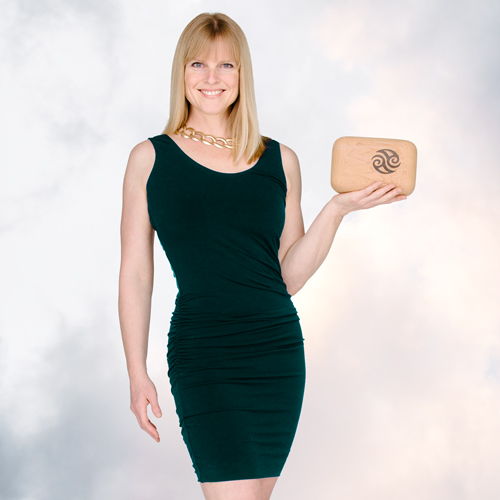
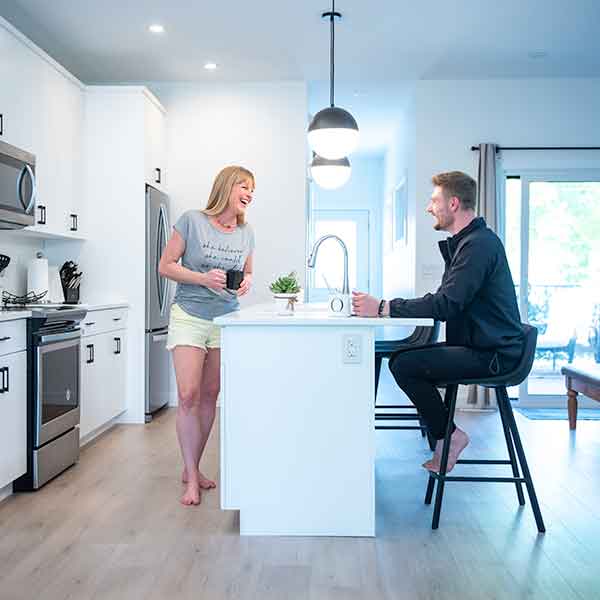

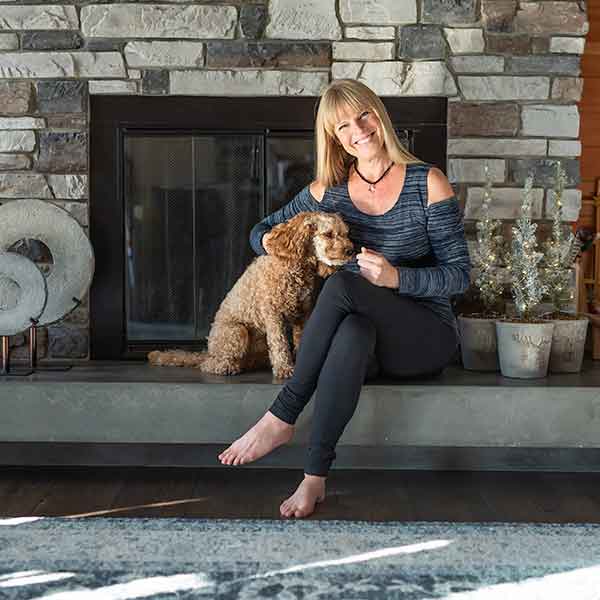

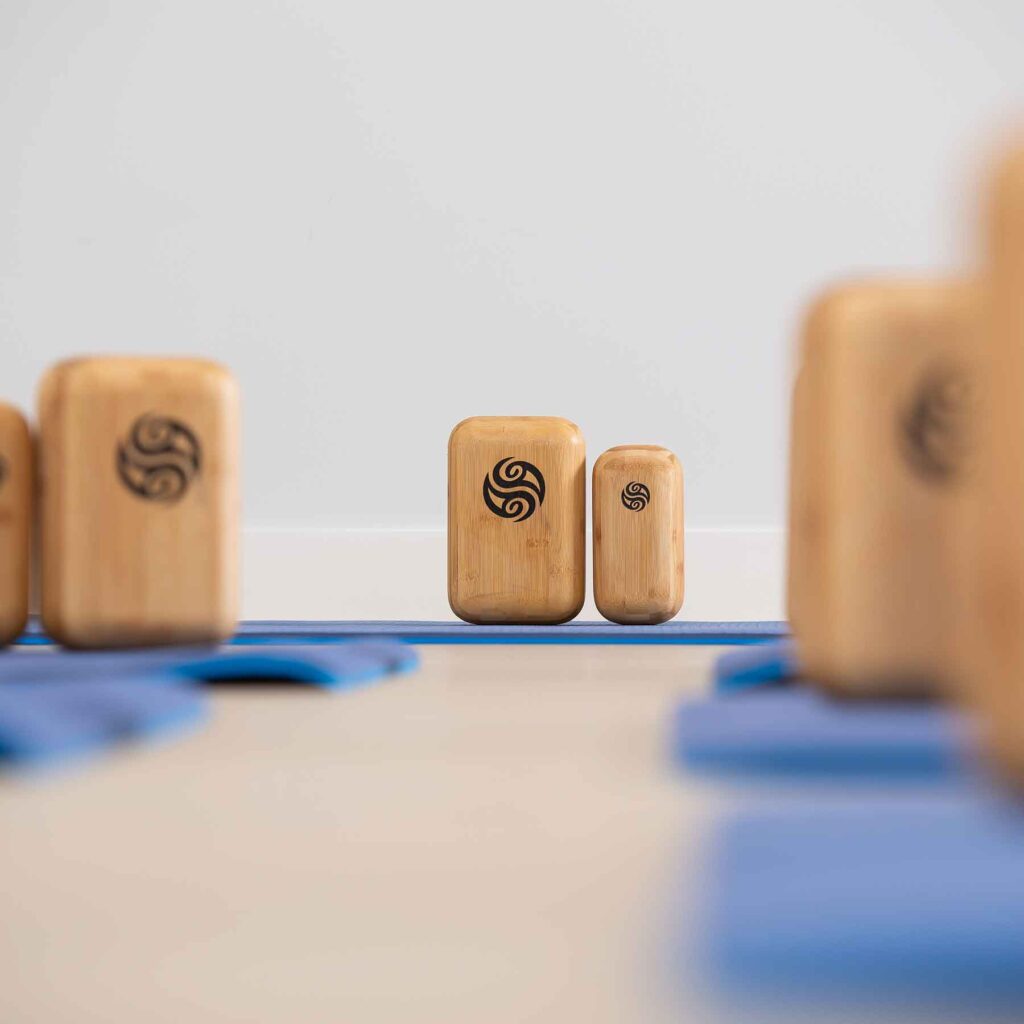
Responses